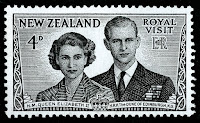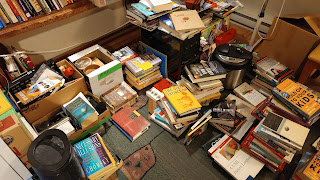Fiction Addiction - Stan and Ursula
What makes Ken McLeod and Stan - Kim Stanley - Robinson still worth reading long after most of the SF on my bookshelf no longer holds my interest? My best guess is that they care about people, about people's lives, about how people interact with each other within an environment, and how that interaction of real people shapes history. And, in Stan's case, he cares deeply about how we interact with our biological context. Frank Herbert shared a little of the same interest in how people lived on a planet - Dune was a whole planet with an ecology - but the books devolved into the politics of hierarchy. Larry Niven is another who has given the topic of humans and their planet some serious thought. His future Earth, overwhelmed and shaped by the sheer numbers of people, his Ringworld, his Fleet of Worlds, all follow a plausible logic, assuming some magical gadgetry. The most carefully crafted of all his creature/planet combos might be Mote Prime, a collaboration in conservat...





